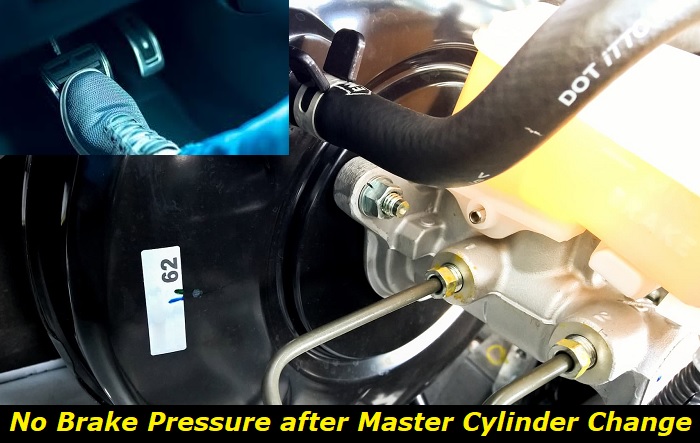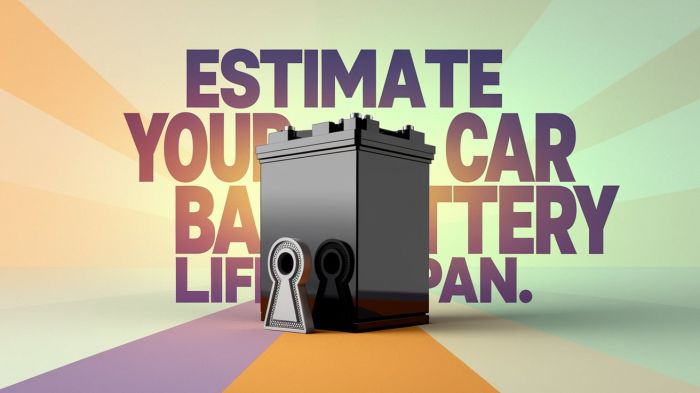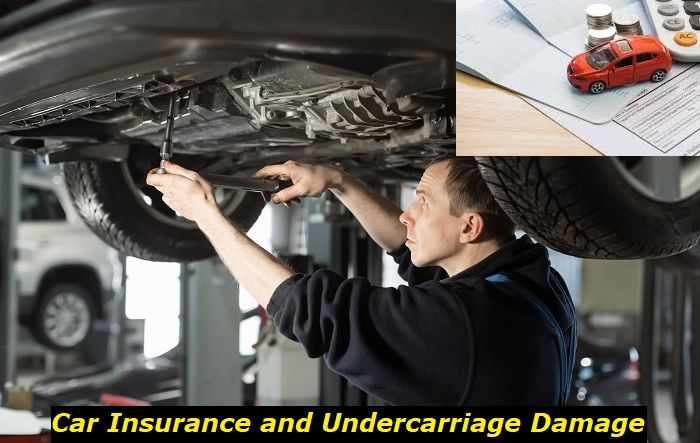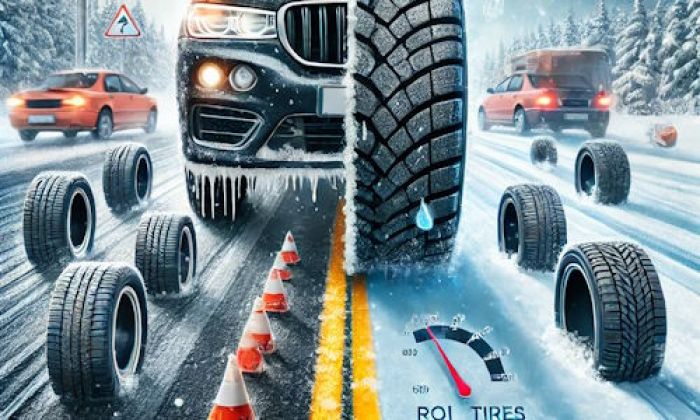There are times when your car's braking system master cylinder may be faulty and can't be repaired. You'd need to change the unit so that the vehicle can be drivable again. But some scenarios may come into play such as the lack of brake pressure after the swap.
The common potential reasons for no or low brake pressure after changing the master cylinder are wrong installation of the unit, brake fluid leaks, air in the braking system, and bad replacement cylinder. Although it's most likely the brake fluid if there was no recent cylinder change.

This post explains the above-mentioned reasons and provides various solutions to resolve each factor. It will aid DIY mechanics in diagnosing and/or fixing whatever that's wrong with the braking system. Also, the information here will help in your dealings with hired professionals concerning braking system issues.
When the Dreaded "No Brake Pressure" after a Master Cylinder Change Is Experienced
Don't get confused or frustrated just yet concerning the loss of brake pressure when you just put a brand-new master cylinder into the braking system. This is an occurrence that many car owners have faced in the past.
We understand how you may feel considering that good money has just been spent or seems to have been wasted-maybe on hiring an expert for the job. And there's that scary possibility that you bought a defective product for the swap. Although it may be covered by a returns policy.
You can't jump to any conclusion until you perform a thorough check of every component in the system or brake line. It may not be the master cylinder, but another component or unit in the braking system, especially a connecting one.
The above possibility can make things get more serious because you may be starting a journey of "trial and error" to test the working condition of each of the system's parts.
Calling a Professional (Again)
You'll most likely have to call an expert to address the situation because the examination process can be tedious. But you may be thinking that this shouldn't be the case, especially if the master cylinder was swapped out at an auto repair shop!
We understand what a big hassle this is, but it's better to go back to the professionals. It's not advisable to go the DIY way, PARTICULARLY if the master cylinder swap was DONE BY YOU. And if you'll be using a "pro", it would be wise to try a different (reputable) one if you hired an expert to change the cylinder.
Keep in mind that you (DIY) or the expert may have not checked the working condition of other units before and during the cylinder's swap. The replacement procedure may have also not been carried out correctly. For example, linking the master cylinder to other parts or the bleeding process.
Even if you have enough technical know-how about what you're doing, there are component checks that will require you to call for an assistant. For instance, when you want to check the performance of certain items while testing the production of brake pressure.
Lastly, be prepared for a long and patient series of diagnostic procedures if you want to save money by going the DIY way. But if you can afford the professional checks, expect to pay a lot of money for hours of service! The latter is the best way to avoid future brake system complications, of course.
The Braking System's Master Cylinder
The master cylinder has the important role of transforming the brake pedal's force into hydraulic pressure when you press down the pedal. This force is sent via the brake lines to the brake pads, thereby pushing them to link with the brake rotors and subsequently slowing your car down.
Nonetheless, the master cylinder suffers wear like every other moving vehicle unit. Remember that the brake pads also get worn out after long-term use. The cylinder may start developing issues after about 60,000 miles of vehicle usage. One such problem is the leaking of brake fluid in the system.
Your brake pedal may feel spongy, require extra effort than normal when you're depressing it, or just go to the floor when stepped on if the master cylinder is faulty or there's a problem with its installation.
You'd have to replace the old cylinder or check the new one's installation or related units when you notice these signs. The solution will be aimed at restoring the pedal's normal operation (optimal stiffness).
Possible Causes of Loss of Brake Pressure after Replacing the Master Cylinder: Fixes
Whatever the case with the braking system may be, you're about to find out its solution in this section.
1) Air In The System
The braking system operates by compressing the brake fluid that flows through it. Air in the system can lead to abnormalities in braking since the two elements possess varying compressibility.
Gas is easier to compress than liquids, so that's why there'll be a reduction in pressure. So you'll have to apply extra effort for the brakes to work or there may be no pressure at all depending on how significant the quantity of air is.
It may be that the new master cylinder is unable to produce adequate pressure because of the harmful influx of air. The air could have escaped into the system while the cylinder change was taking place. This was most likely when the hydraulic lines were being disconnected from the old master cylinder.
Solution To Air in the System
You'd have to employ some diagnostic tests to confirm that there's air in the braking system. Remove the air when it's confirmed to be present in the braking mechanism. Do so by bleeding it out. The cost of this could go as high as $150 depending on the auto repairer as well as the car's make and model.
2) Improper Installation of the Master Cylinder
This is most likely to occur if you did the installation yourself. So it's only right that you avoid making the same mistake as we have stressed in an earlier section. Let a professional handle the re-installation or use a different expert from the one who did the last (recent) replacement.
We can't stress the above enough because there's a chance that you wouldn't be reading this article if the swap wasn't done the DIY way. Still, this doesn't mean that the pros aren't prone to errors, negligence, or oversight.
Next time, ensure that the master cylinder is well-installed with the right procedure for the vehicle make and model to guarantee that the braking system is OK. Also, the conditions of other system components should be checked before and during the installation.
The issue of improper installation may mean that the master cylinder isn't properly joined to the brake booster or the lines linked to the wheels. Also, the pushrod may not be as long as it should be.
A bad connection can cause a leak of brake fluid, thereby reducing pressure partially or totally. The pedal may feel soft or be so free.
Solution To the Improper Installation of the Master Cylinder
The fix for this problem is quite obvious. The cylinder has to be uninstalled and the right procedure must be used to re-install it. You need to make sure that the hoses and connections are well placed. You may have to pay over $300 for this job, which will include bleeding the system.
3) Fluid Leak In The System
As stated earlier multiple times, a leak in the system can make the loss of pressure happen. There'll be no buildup of pressure in the cylinder or maybe just a little that will prove to be ineffective.
Brake fluid can leak from various areas in a braking system; such as the brake fluid lines. It could be via a seal such as the one between the cylinder and booster push rod. The seal may be worn out or wrongly installed.
Solution To a Fluid Leak in the System
You can't compromise when it comes to this fix. Hiring a professional mechanic is the only right thing to do because the leakage investigation involves a tedious process.
Replace any worn-out components and/or firmly connect loose or poorly joined parts. Then you can put in fresh brake fluid while making sure to bleed out any air that goes in.
Conclusion
The master cylinder is the common suspect, but other components like the calipers may be at fault. So you have to conduct a thorough check of the whole system, starting with the areas that are close to the master cylinder.
The brake pedal sinking to the floor as you brake is an occurrence that poses danger while driving on the road. It's risky for the car/truck, its occupants, and other road users. This is why you should fulfill all the requirements for a normal-functioning master cylinder and braking system as a whole.
About the authors
The CarAraC research team is composed of seasoned auto mechanics and automotive industry professionals, including individuals with advanced degrees and certifications in their field. Our team members boast prestigious credentials, reflecting their extensive knowledge and skills. These qualifications include: IMI: Institute of the Motor Industry, ASE-Certified Master Automobile Technicians; Coventry University, Graduate of MA in Automotive Journalism; Politecnico di Torino, Italy, MS Automotive Engineering; Ss. Cyril and Methodius University in Skopje, Mechanical University in Skopje; TOC Automotive College; DHA Suffa University, Department of Mechanical Engineering






Add comment